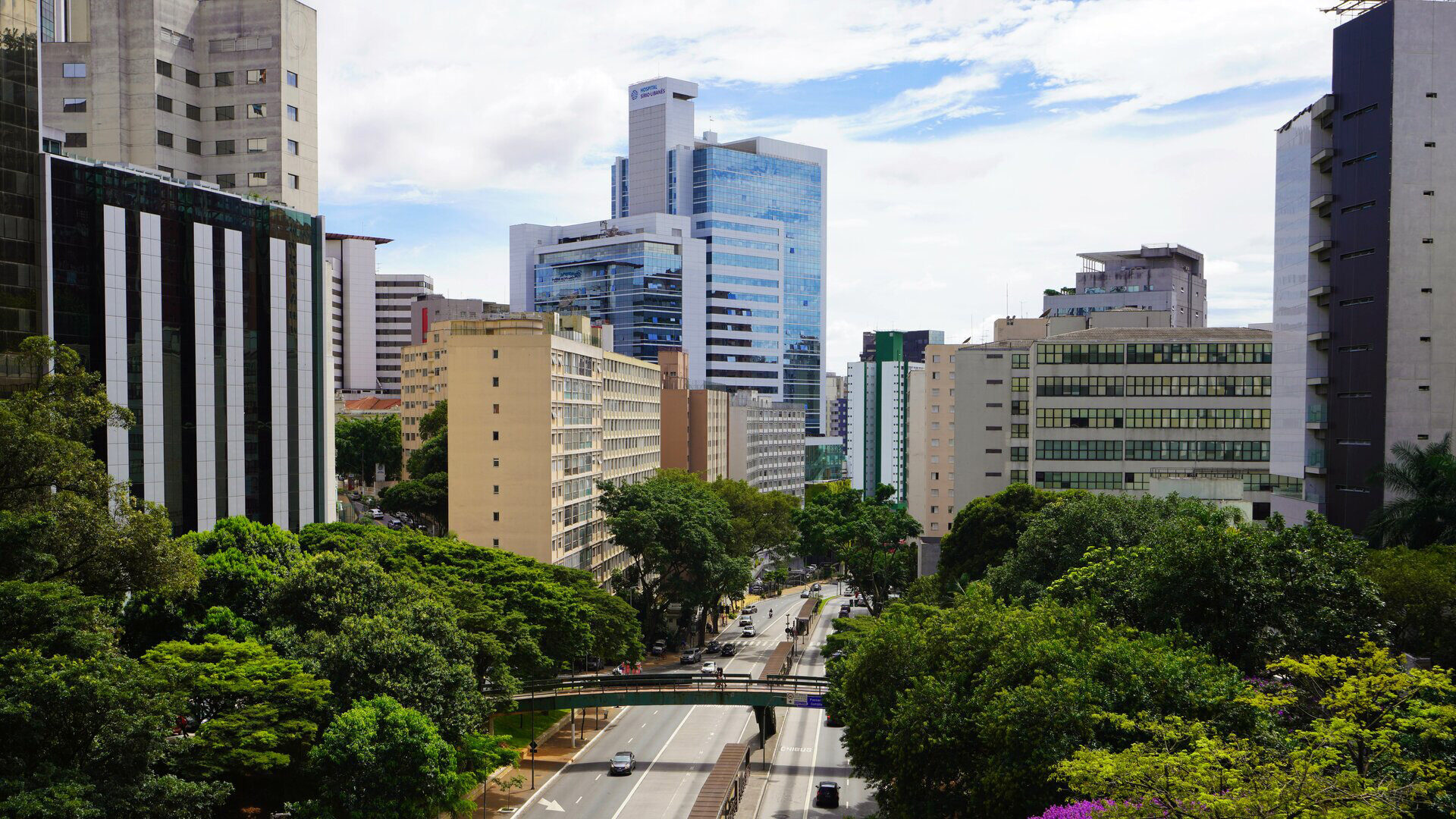The brief

The Sirio-Libanes Hospital in São Paulo is one of the most prominent hospitals in South America, having become internationally recognised for its commitment to healthcare.
When it decided to renovate its buildings and double its capacity, the choice to install automated waste collection was taken in order to ensure that waste collection in and around the hospital was modernised and made as simple and as hygienic as possible.
After winning the contract – the first of its kind in a Latin American hospital – Envac set about designing a system that could collect the waste of 650 beds across two fractions: waste and linen.

The project
Envac installed two separate pipe networks – one for linen and one for general waste – that would transport waste from 116 disposal points, located over 16 floors, throughout the hospital.
Used linen is now transported from the disposal points, via airflow, to automated conveyors that feed the trolleys before being sent to the laundry rooms. General waste is simply transported by vacuum technology to a waste collection station before being placed in hermetically sealed containers and sent to be processed.
In both instances, a central computer automatically manages the process and provides the hospital with real time data relating to collection levels and frequency.
The result

Since the system became operational in 2017, The Sirio-Libanes Hospital in Sao Paulo is one of the most prominent hospitals in South America, having become internationally recognised for its commitment to healthcare. Hospital’s Envac system has:
Become the first automated waste collection system to enter a South American hospital.
Automatically transported eight and a half tonnes of linen and eight tonnes of general waste each day from 116 collection points via a pipe network almost 250 metres long.
Significantly reduced the time required to manually handle the waste as hospital porters no longer need to push and pull waste collection trolleys around the hospital.
Contributed to delivering a cleaner and more productive hospital environment.
Minimised the operational cost of waste collection compared with conventional, manual methods by reducing energy consumption attributable to using hospital elevators and by reallocating the time that would have been spent transporting waste by hospital porters to other front of house duties.
Installed a system that is fully operational 24 hours a day, 365 days a year and reflects the hospital’s commitment to world-class standards.
The adoption of pneumatic collection is in line with the polices adopted by the Sírio-Libanês Hospital related to the quality of care, patient safety and sustainability. The decision to use the system, taken at the beginning of the expansion of our structure, was one of the factors that contributed to Green Building Gold obtained for the new towers. This is a great innovation in the hospital area in Brazil with important benefits for the operation of our institution.
Envac collect 2 separate fractions
General hospital waste
Soiled linen
Designed
capacity
Waste 8 tons/day
Linen 8.5 tons/day
Disposal points 116
across 16 floors



